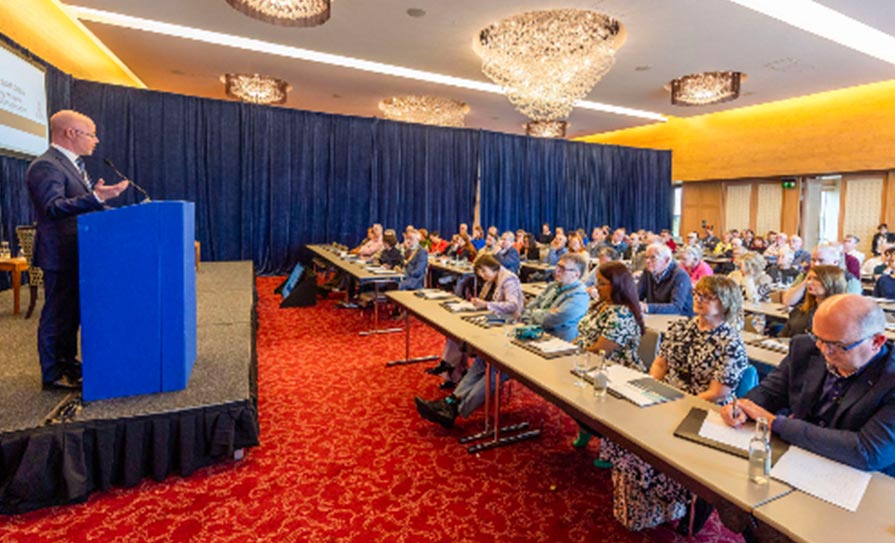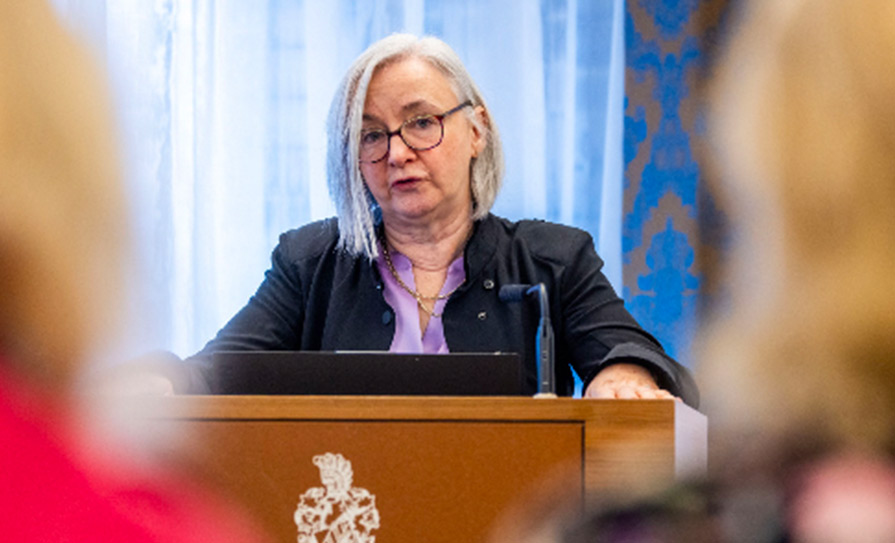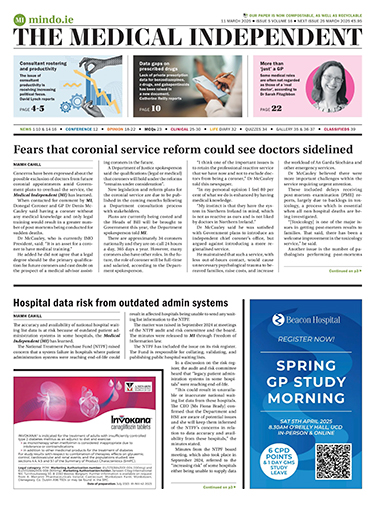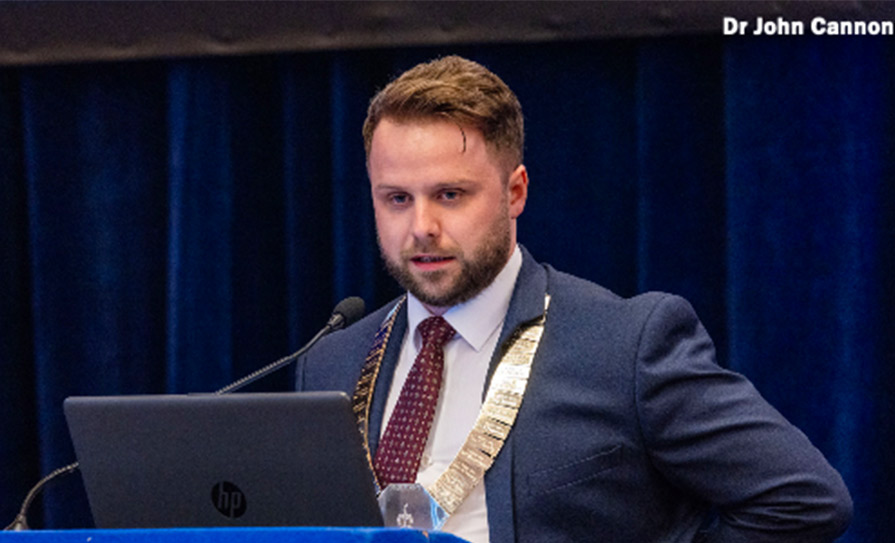The delivery and provision of healthcare has changed apace with technology, bringing many benefits to patients, and doctors have embraced such advances. Advances in technology can assist with GP learning and enable patients, but we must be careful in ensuring that all the technology does not undermine or damage patient care or health outcomes. In an unregulated environment, there can be real dangers. The recent proliferation of online GP services is not just a matter of concern to doctors but also, as the evidence is gathered, to health regulators. We must learn from the mistakes that are happening in other jurisdictions and not rush to adopt models that may, in the longer term, be damaging to patients and undermine population health.
The UK Care Quality Commission recently reviewed online prescribing by such companies and medical practitioners working for them. Such concern has it caused that leading news outlets in the UK reported on their findings. Some of their comments included: “Safety is where we found the greatest concerns… In February 2018, we found that 43 per cent of the providers were not providing safe care according to the relevant regulations.’’
Their specific concerns included:
Inappropriate prescribing of antibiotics and prescribing high volumes of opioid-based medicines without talking to the patient’s registered GP.
Unsatisfactory approaches to safeguarding children and those who may not have the mental capacity to understand or consent to a consultation.
Not collecting patient information or sharing information.
Inappropriate prescribing of medicines for long-term conditions.
Another UK study found that online-based systems were contributing to inappropriate referrals to emergency departments.
A recent study in regard to electronic alternatives to face-to-face consultations with GPs published in the <em>British Journal of General Practice</em> showed that such access did not help to alleviate workload pressures of GPs, nor did it improve access for patients. The Royal College of General Practitioners followed up this study with cautionary advice for its members, indicating that if practices chose to provide online and telephone consultations, then it should be only as part of the practice service and that GPs should continue to provide face-to-face consultations, patient safety being paramount in any clinical consultation.
These findings should not be ignored in Ireland and health regulators need to take notice.
The bedrock of patient care in general practice is continuity and that is something that must be protected at all costs. All the medical evidence points to the positive link between continuity of care with a GP and better health outcomes for patients. There is a proven link between the provision of a personal GP and reduced hospital admissions, better mortality rates and more equitable delivery of healthcare across socio-economic groups.
The GP is at the centre of healthcare provision: Of the 25 million patient consultations in general practice, 90 per cent are dealt with by the GP without the need to refer to another service. This deeply personal relationship is reflected in a high level of patient satisfaction. The value that patients put on their GP, accompanied by a low rate of referral, is only possible where the GP has a long-standing relationship with the patient, access to a patient’s previous records, including attendance at the practice and out-of-hours service, referrals to secondary care, medication, a complete history of that patient and all the factors driving healthcare needs.
Sláintecare and the Health Service Capacity Review both cite the importance of general practice and the need to deliver more services through general practice. However, in the absence of any support or resources by the State, the potential for better patient outcomes is in danger. As Ireland grapples with the appropriate funding and provision of general practice, there is a race to the bottom to replace the existing GP model with alternative models that, although dressed-up as general practice to distract from their lack of long-term detailed analysis, are not general practice.
What we are now seeing is a commercially-driven shift from patients having a relationship with their GP, being partners with their GP in managing their health and wellbeing, to accessing healthcare on a pay-as-you-go basis. While there is of course a benefit in GPs using video consultations with their own patients in certain circumstances, this is not what the models being promoted are offering. In fact, it is the exact opposite. Healthcare in Ireland is fast becoming a commodity that is being driven by market forces, not by medical evidence or in the pursuit of quality patient care.
The ‘Uber-like’ apps that offer a so-called GP service emphasise access and speed, but there is no continuity of care and it is not a GP service. It is a service of convenience and from evidence to date, we can now see it has the potential to lead to inappropriate prescribing and safety issues. The doctors providing the system may be trained GPs, will likely make more money and have a less stressful career, but what they will provide will not be general practice.
Government must take action and ensure that a meaningful and evidence-based general practice service is provided to patients, with the required support and investment from the State. General practitioners are not Luddites by any measure and technology has a place, as long as it enhances patient care, not undermines it.
The advice has to be <em>caveat emptor</em>. <strong><em></em></strong>
<strong><em>Dr Ray Walley is IMO Past President and a member of the GP Committee.</em></strong>












Leave a Reply
You must be logged in to post a comment.